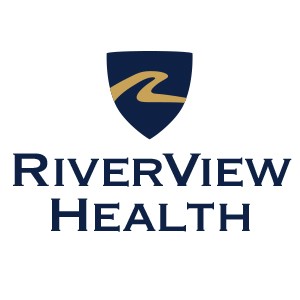Give your child the best shot at a healthy school year by ensuring they are up-to-date on immunizations. August is National Immunization Awareness Month and an excellent time to make an appointment for a well-child checkup so your child’s primary care provider can make sure immunizations are up to date. If needed, a sports physical can also be completed during a well-child exam.
A recent report by the World Health Organization stated about 25 million children worldwide have missed out on routine immunizations mainly because of the upheaval of regular care due to the COVID pandemic.
“This is a red alert for child health,” said Catherine Russell, UNICEF’s (United Nations Children’s Fund) executive director. “We are witnessing the largest sustained drop in childhood immunization in a generation,” she said, adding that the consequences will be measured in lives lost. Low immunization coverage rates have already resulted in preventable outbreaks of diseases like measles and polio.
So what does your child need at each stage in their school life? Follow the recommendations below from the Centers for Disease Control and Prevention (CDC).
Preschool and Elementary School Years: Ages 3 through 10
From ages 3 through 6, your child needs additional doses of some vaccines that were given in the years before preschool. You may need a certificate of immunization to enroll your child in school.
Recommended vaccines:
- Chickenpox (varicella) vaccine: At 4 through 6 years
- Diphtheria, tetanus, and pertussis (DTaP) vaccine: At 4 through 6 years
- Flu vaccine: Every year, by the end of October, if possible
- Measles, mumps, rubella (MMR) vaccine: At 4 through 6 years
- Polio (IPV) vaccine: At 4 through 6 years
Preteen and Teen Years: Ages 11 through 18
As protection from childhood vaccines wears off, adolescents need additional vaccines to extend protection.
Recommended vaccines:
- Flu vaccine: Every year, by the end of October, if possible
- Human papillomavirus (HPV) vaccine: At 11 through 12 years and a second dose 6-12 months following the first dose
- Meningococcal conjugate vaccine: At 11 through 12 years and at 16 years
- Serogroup B meningococcal vaccine: May be given at 16 through 23 years; if interested, talk to your child’s doctor
- Tetanus, diphtheria, and pertussis (Tdap) vaccine: At 11 through 12 year
As your child heads to college, ensure all vaccinations are up to date, and they have a copy of all immunization records.
If your child travels outside the United States, check if they need any additional vaccines.
Vaccines are tested to ensure that they are safe and effective for children to receive at the recommended ages. They must go through the Food and Drug Administration before being allowed for use.
More important than school shopping or getting that before-school haircut, immunizations can mean the difference between life and death for your child. Make an appointment with your child’s primary care provider to be sure your child is protected for another year of school. Call 218-281-9595 to schedule an appointment.
The post RIVERVIEW HEALTH SAYS NOW IS THE TIME TO GET KIDS CAUGHT UP ON IMMUNIZATIONS appeared first on KROX.






















